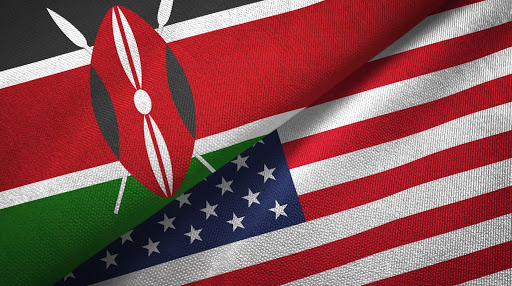U.S. Lawmakers earlier wrote to President Trump expressing their opposition towards efforts to weaken Kenya’s restrictions on single-use plastic. In a letter to President Trump, 62 lawmakers from the Senate and House of Representative warned the United States of using trade negotiations with Kenya to “undermine their domestic efforts to restrict importation or consumption of single-use plastic and other polluting products.”
The lawmakers say that actions taken by the U.S. governments to undermine global efforts to curtail plastic waste exports and single-use plastics are a flawed strategy for its international interests. Further, they cautioned that undermining universal efforts against plastic wastes could pose a challenge towards achieving more equitable, employment friend and environmentally cautious trade agreements. The US-Kenya trade agreement is a blueprint to which other countries can use to engage the U.S.
Actions taken by the United States to undermine global efforts to restrict plastic waste exports and strategies to reduce single-use plastic and other wasteful products may benefit private corporations and for-profit industries that have only share-holder returns in mind, but they are a bad strategy for United States’ interests abroad and will make it difficult to reach more equitable
trade agreements that promote sustainable jobs and protect our environment.
The US lawmakers instead urged the US to prohibit the export of hazardous wastes to developing nations, make no attempts to undermine Kenya’s domestic laws to protect its environment. The congress members and the senators also urged the US to affirm its position on addressing plastic pollution publicly.
Efforts to Reverse The Plastic Bag Ban?
Last month, the New York Times reported that an industry group representing the world’s largest chemical makers and fossil fuel firms is lobbying to reverse plastic restrictions which Kenya to curb single-use plastic bags enforced in 2017.
A letter from the American Chemistry Council (ACC), which has members like Shell, Exxon and Total among other oil giants, to officials at the U.S. Trade Representative and U.S. International Trade Commission says,” Kenya could service in the future as a hub for supplying U.S. made chemicals and plastics to other markets in Africa through this trade agreement.”
In the letter, the trade group also called the U.S. and Kenya to enable trade in wastes for sound management and recycling, consistent with relevant internal commitment. It also prohibits the imposition of domestic limits on production or consumption of chemical and plastics.
Nevertheless, the ACC issued a press release clarifying their position, by saying:
“…a bilateral trade agreement between the United States and Kenya will not override Kenya’s domestic approach to managing plastic waste or undermine its international commitments under the Basel Convention.”
READ ALSO: Petco Calls for Extended Producer Responsibility Policy to Manage Plastic Waste




